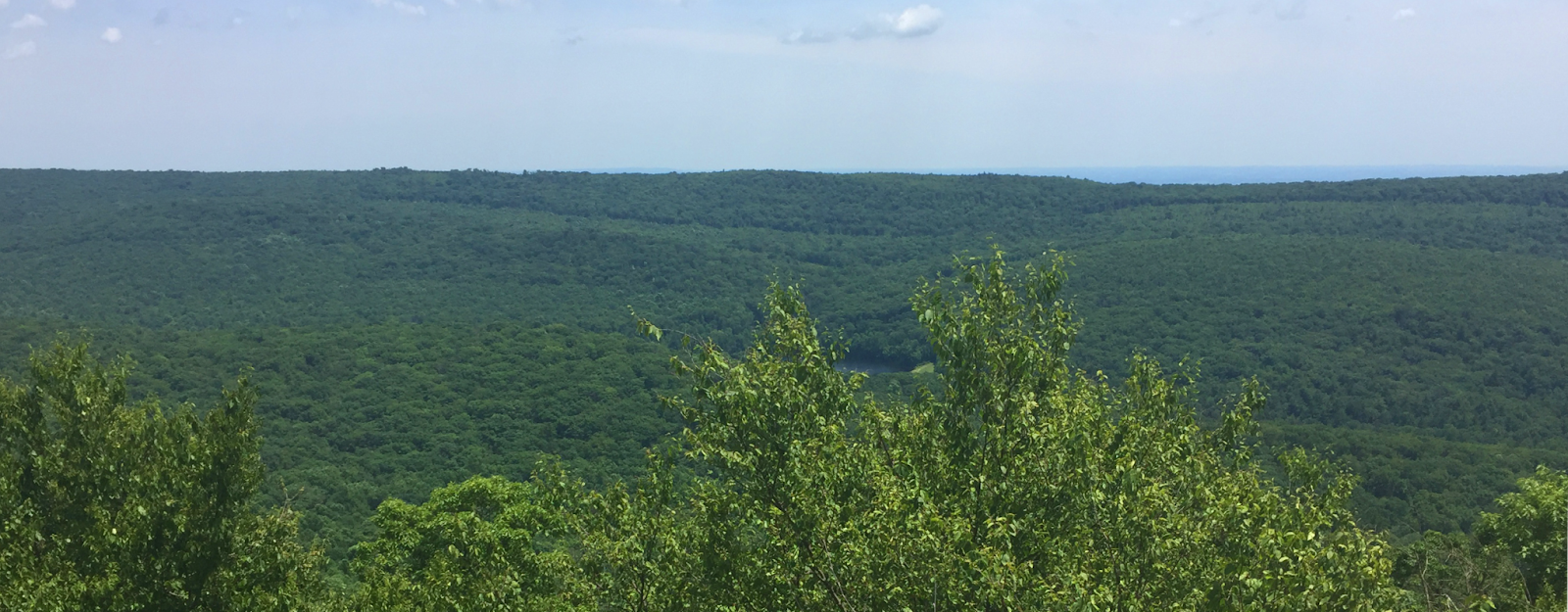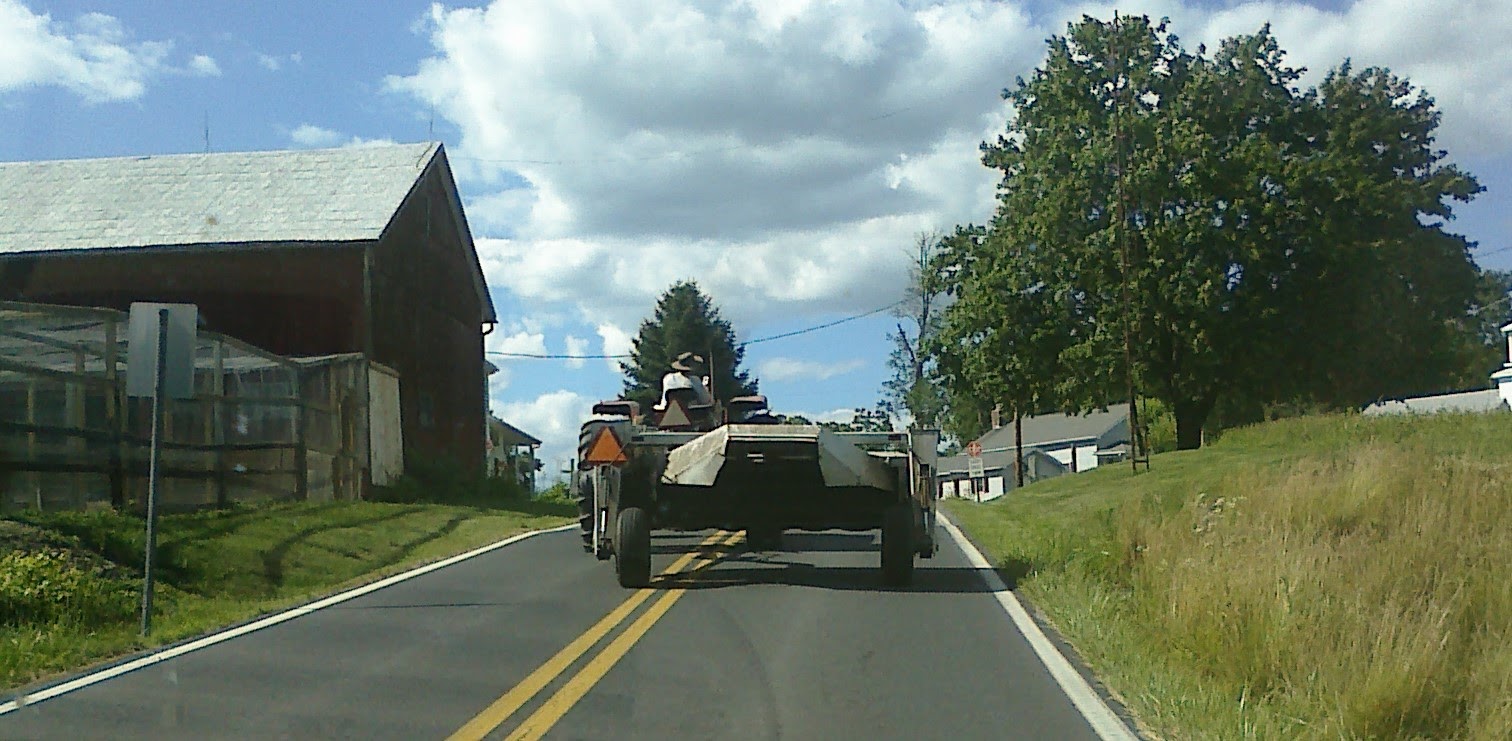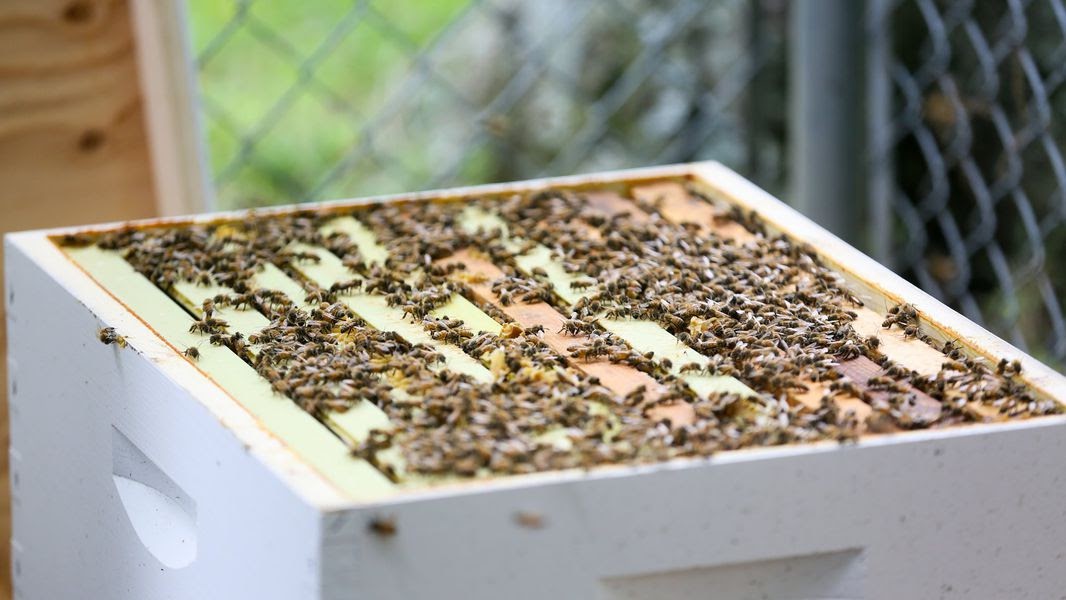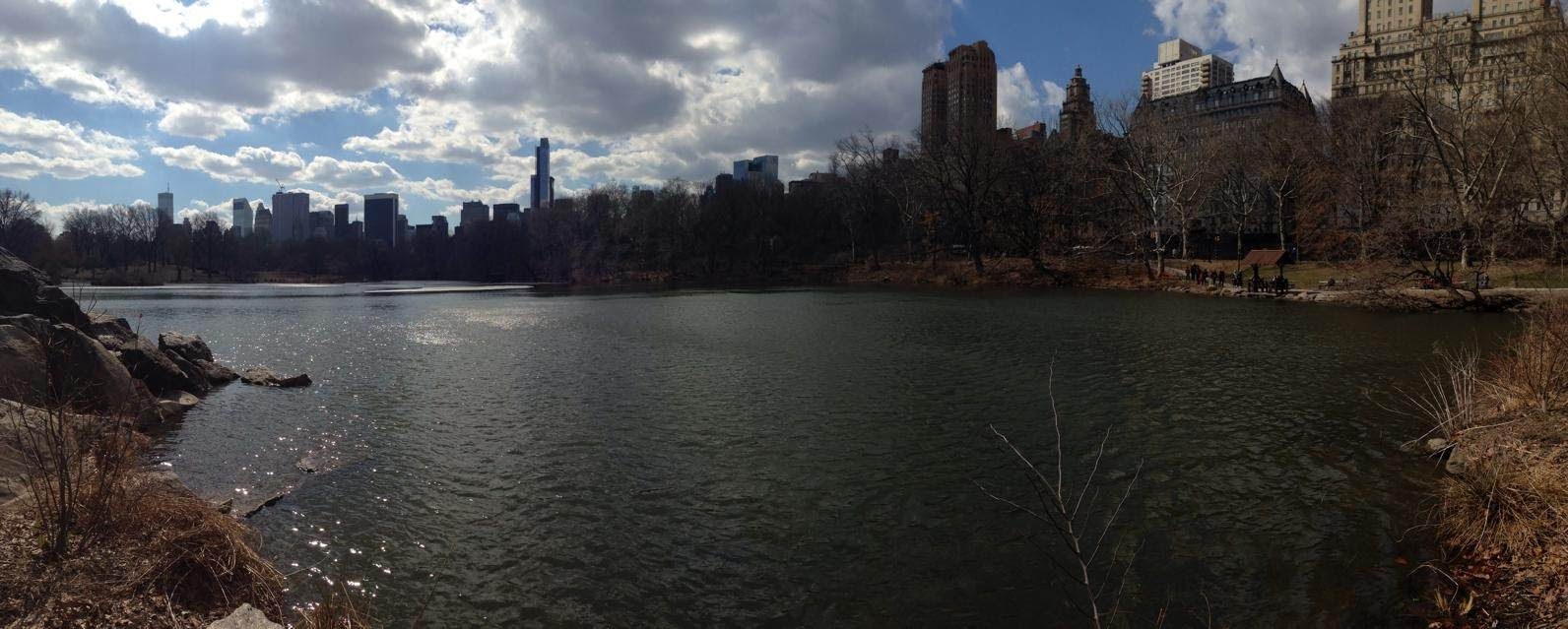Earth Day 2021
Earth Day: Thursday, April 22, 2021
Promoting Environmental Consciousness since 1970
The very first Earth Day was observed on April 22, 1970. Since then, each year on this date, every citizen on the planet is urged to take a look at the consequences of their daily actions on the environment. Here in Central Pennsylvania, we have the opportunity to clean and protect the Susquehanna River Watershed. This is important because it is the largest tributary to The Chesapeake Bay. Holding the title of the largest estuary in the United States, The Chesapeake Bay provides a home and nourishment for more than 3,600 species; including the famed Maryland Blue Crab. This Spring, you can celebrate Earth Day by engaging in any activity that cleans or protects the environment. Whether you are picking up trash from the sidewalk of your own neighborhood, or advocating for the rainforests of Brazil; any contribution will make an impact on the future of our planet.

What to Do for Earth Day: 2021
If you ask anybody that grew up in the Eighties or the Nineties, they’ll remember elaborate Earth Day activities. Elementary schools across the nation pushed the idea of cleaning up the environment with organized litter-clean-up events, exchanging their cardboard milk containers for plastic milk bags and planting trees to counteract those that had been harvested. There are fully grown trees that are still on the property of my old elementary school that I remember being planted while I was a student in the 90’s as saplings.
While the idea of living an eco-friendly lifestyle hasn’t completely left our schools, it seems much more rare these days to find a local principal in the newspaper standing next to the tree he just planted with his students. Trudging through our “new normal” amidst the Coronavirus Pandemic, you can still promote the values of environmentalism at home with your kids; whether they are still children or grown adults. Anyone of any age can participate in an activity on Earth Day to celebrate our planet.
Activities for Young Children
This year, you will probably find that many of the group events have been cancelled or modified. Don’t let that stop you and your family from taking part in saving the earth! Here are a few ways you can introduce cleaning the environment at home to those that may still be too young to fully grasp the consequences of their actions on the planet as a whole:
Check Your Property Line for Debris
No matter how diligent you are about keeping “your side of the fence” clean of trash and litter, you can’t always count on your neighbors to remember to check the out-of-the-way parts of their own property. Over time, debris may accumulate and make its way into the corners of your yard. Take your kids on a short walk around the edges of your land to check for any litter that may have accumulated. Be sure to wear gloves, bring a trash receptacle and notify your neighbors if you intend to cross onto their land to clean away litter. One man’s trash is another man’s treasure, and nobody likes losing treasure. However, your neighbor may appreciate that you’re doing something good and if they love this planet as much as we do, they’ll be excited to help you!
Make a Bee Hotel
Designate your kiddo the Branch Manager of their very own Bee Hotel! Since not every species of bee lives in a hive, some need a bachelor pad. More accurately, they’re used as bachelorette pads. Some species of bees that live a solitary life as opposed to a hive-life are Mason Bees, Leafcutter Bees and Yellow-Faced Bees. Don’t let the name of the Leafcutter Bee scare you- they rarely cause damage to plants and are in fact excellent pollinators for your vegetable and flower gardens.
Solitary bee species will use a cavity, such as the tube like structure of a Bee Hotel, in which to lay their eggs. Once her eggs are laid, the female bee will plug up the end of the tube with mud. As the eggs hatch, the juvenile bees will feed on the pollen left by Mama until they are strong enough to chew their way out into the world.
You should use untreated, natural materials from which to build your Bee Hotel. Natural bamboo, when dried and cut into tubes, is one of the most often used cavities for bee hotels. Unfortunately, natural bamboo can, and most often will over time, attract pollen mites. Pollen mites are very dangerous to bees, especially solitary bees that do not depend on a hive for protection. Chalkbrood is a fungal disease that is deadly to our pollinating friends. Once Chalkbrood manifests in a bee hotel, it quickly spreads, killing up to one hundred percent of the larvae in the tubes. Bamboo can still be used, but you may want to consult a local beekeeper to give you some tips on monitoring the tubes for pests and fungus. Never hesitate to contact a beekeeper; they are full of knowledge and personally, I’ve never met a beekeeper that didn’t want to share their passion with anyone who is interested. As an alternative to using bamboo, a block of wood with holes up to 12mm drilled into it will be just as attractive to the solitary bee species.
Gardening
For Earth Day this year, help your child design their very own garden. Instead of planting areas just for flowers, or just for vegetables, let your child decide where things are going to be planted. They can place the seed packet where they want that plant to go.

This activity is something that will help your child learn over the growing season. Many flowers, when planted with vegetables, will be beneficial by attracting pollinators. Some flowers, however, may attract pests that wouldn’t ordinarily do damage to the flowers, but are detrimental to vegetables. Nasturtium, while a beautiful flower, attracts aphids. The aphids will eat through your vegetable crop faster than you can get rid of them. Nettles, while not as colorful, are often planted in gardens to be used once harvested as an aid to liver health. However, they also attract aphids, and (as a side note), should never be used by someone who has kidney problems. As your child’s garden grows, you can monitor it each day with them and take a note about how each plant is doing. Ask questions that will help your child learn about the ideal garden, such as:
Inevitably, we all encounter Earthworms in our garden. As adults, we understand that they are good for our soil. As kids, they just seem like slimy little creatures hiding in the dirt. Remind your child to treat these little guys well and return them carefully to the soil around the plant’s roots, and explain to them that the worms ‘clean’ the soil before returning it to the ground. Leaving Earthworms you’ve dug up on the surface may attract birds, who could snack on your spaghetti squash- ‘squashing’ those dinner plans.
Activities for Children of All Ages
Little kids aren’t the only ones who can enjoy Earth Day! It is a great excuse to get the family together to do something positive. For those of us ‘kids’ who can safely cross the street by ourselves, there’s still plenty of ways to have fun while saving the environment.
Adopt-Your-Neighborhood
We’ve all seen the “Adopt-a-Highway” signs along the interstates. Take that same idea and informally apply it to your own neighborhood. In urban areas, you can place notices to indicate that your family would like other families to join you in cleaning up yards, the streets, sidewalks and gutters. Provide a box or two of trash bags, remind your neighbors to bring their gloves, and get to work! In a few short hours, a community could change the entire visage of the block.
The suburbs and rural areas may present a challenge. In Suburbia, you may have to request a permit from your township or borough or HOA in order to take refuse away. It may seem counter-intuitive, but usually those rules are in place for a reason, and it is best to respect and abide by the rules. In rural areas, where there may be miles between clusters of homes along a stretch of road with a high speed limit, it may be near impossible to clean the street and berms of trash while maintaining safety. However, in such rural areas, most of the time the road is bordered by farmland. You could request permission from the owner to take road debris and trash from their land, a safe distance from the roadway. You will usually find that farmers are more than happy to allow you to do so- as long as you stay off their crops.

Learn the Art of Beekeeping
Keeping a healthy hive is a major step up from maintaining a Bee Hotel. This activity is most suitable for teenagers and adults that know for a fact they are not allergic to being stung. Hives require plenty of work and oversight, making this an incredible activity that will continue to provide for the environment year after year.
The number of active bee-keepers in your area will probably vary year to year. The best way to find someone to help you get started is to contact your local Beekeeper’s Association. Simply typing “beekeeper’s association” and your zip code into your favorite search engine will lead you to your best local resource for the hobby. York County Beekeeper David Long says, “The more competent beekeeper’s we have, the more bees we have. More bees means more pollination. More pollination means heartier and healthier crops.” Since beekeeping is such an intense hobby, those who practice it are generally passionate about educating others in their trade.

Of course, this activity shouldn’t be undertaken until you know whether or not you are allergic to the sting. There is protective equipment for Beekeepers, but at some point, everyone will get stung. Whether it is while tending the hive or transporting a new colony to the hive, there is always a chance you will get stung. If you are unsure whether or not you are allergic, it is best to visit a doctor before interacting with a hive, even in protective gear.
Practice “Leave No Trace” Principles
Leave No Trace Principles generally are widely known within the community of Outdoor Adventurers. They are seven principles that prepare you to conduct your outdoor activities in an ethical way.
Most of these seven principles also can apply to many things you do on a daily basis, even when you’re not dodging rocks and climbing mountains on The Appalachian Trail. Let’s take a look at them:
Obviously, you’re not generally going to encounter a time when you’re building a campfire while getting your morning coffee. I highly doubt that the opportunity to set up a tent will arise as you go about your day. But the idea behind the action is to minimize your impact on the environment.
Planning ahead and preparing for your day, in an environmentally friendly way, could mean that you choose to take your lunch to work with you in a reusable container instead of getting take-out and throwing away the packages. When you get to work, perhaps you could take note of Principle Two, advocating using durable surfaces, and be sure that when you’re parking your vehicle, that you’re not parked on top of any vegetation. If bringing your lunch with you wasn’t an option and you have to find a way to dispose of your refuse, take some time to dispose of your waste properly, placing recyclables in the appropriate receptacle. Unless it is trash, leave what you find, where you find it. Picnic tables offered by employers often attract unwanted visitors such as squirrels and scavenger birds. If they decide to nest near your favorite lunch spot, remember that a home is a home, and there’s no reason to remove it unless maintenance sees the critter as a threat to safety. Let the wildlife live their lives, there’s usually absolutely no reason to intervene. I suspect that you probably won’t encounter a need to build a campfire on an average day; but the idea of taking caution not to spread wildfires can apply even in an urban area. Be sure to extinguish all sources of flame such as cigarette butts and candles. Finally, the seventh principle, “Be Considerate of Other Visitors,” I’m sure you already practice. If you “leave no trace,” there will be only a clean slate for the next person to maintain.
Learn more about how you can put these principles into practice by visiting www.lnt.org. If you’re passionate about Outdoor Ethics, they offer a number of training topics, as well as a Leave No Trace Certification after completing an online course. This is a great free certification that you can complete and add to your resume.
Earth Day Around the World

You can find an event just about anywhere in the world for Earth Day. Communities, Volunteer Organizations, Businesses and everyday people just like you that care about the environment are eager to offer ways to help. Earthday.orgTM is an invaluable resource for all things Earth Day. Earthday.orgTM works in countries around the world to drive meaningful action for our planet across various environmental issues.
Big Cities With Big Events for Earth Day include:
Our Earth Day Activities
Here at Exclusive-Enviro, we couldn’t wait for Earth Day! We’ve been a bunch of busy bees lately, so we chose to spread Earth Day out into two days this year. This weekend we will be helping each other tend our gardens, clean our yards of refuse and litter, and create accommodations for our solitary bee friends!
In addition to the efforts at home, some of us will be out on local trails of Central Pennsylvania with extra trash bags and gloves available for anyone who wishes to help.
If you’re interested in participating in the conservation efforts we value, and you can’t seem to figure out how you can contribute this year, feel free to contact us for some more suggestions.
Stay tuned for photos from our Earth Day activities this year!
Preparing for Earth Day 2022
Take some time on Thursday Evening to jot down some quick ideas for Earth Day next year with your family, friends and coworkers. Living in modern times has never made planning so easy. Set your phone to send you an alert on the weekend before Earth Day 2022, April 16-17, so that you can set aside some time in advance for your conservation efforts.
_______________________________
1 https://www.earthday.org/history/
2 https://oceanservice.noaa.gov/facts/chesapeake.html#
3 David Long, Beekeeper, York, PA 2021
6 https://www.nycgovparks.org/events/2021/04/22/earth-day-volunteer-event
7 https://www.eventbrite.com/d/united-kingdom--london/earth-day-events/
8 https://metropolisjapan.com/event/earth-day-tokyo-2021/
Comments
Post a Comment